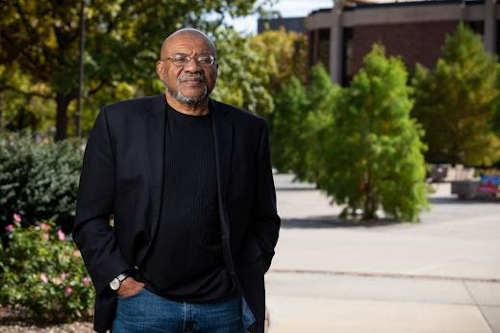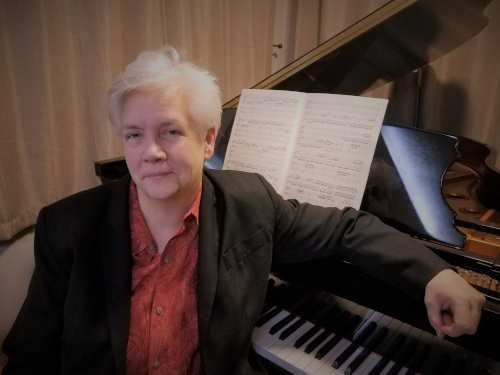- Kwame Dawes
- Posted On
American Life in Poetry: Crater Heart

Tennessee Hill’s South emerges in her poem as a character, a personage that haunts and possesses her with beauty and a certain disquiet.
Her poem, “Crater Heart,” moves from fragmentary image to simile to metaphor in a seemingly disjointed fashion, that in the end, becomes a composition of arresting beauty: “I have stuffed the South’s nightlights/ in my mouth.”
Perhaps this is how she wants us to read her poem of elegant strangeness.
Crater Heart
By Tennessee Hill
Such strangeness these days.
Morning rising over my head
like the quilt sewn of old t-shirts
or saltwater waves
licking our sun-bleached dock.
Then—you absorbing moment, you
harvest queen—the sky is surprised
by evening’s orchard.
I have stuffed the South’s nightlights
in my mouth. Gala of fireflies.
How clumsy I feel in front of God.
American Life in Poetry does not accept unsolicited manuscripts. It is made possible by The Poetry Foundation, publisher of Poetry magazine. It is also supported by the Department of English at the University of Nebraska-Lincoln. Poem copyright ©2022 by Tennessee Hill, “Crater Heart” from The Adroit Journal Issue, Forty-One. Poem reprinted by permission of the author and the publisher. Introduction copyright ©2022 by The Poetry Foundation. The introduction’s author, Kwame Dawes, is George W. Holmes Professor of English and Glenna Luschei Editor of Prairie Schooner at the University of Nebraska.

 How to resolve AdBlock issue?
How to resolve AdBlock issue? 






